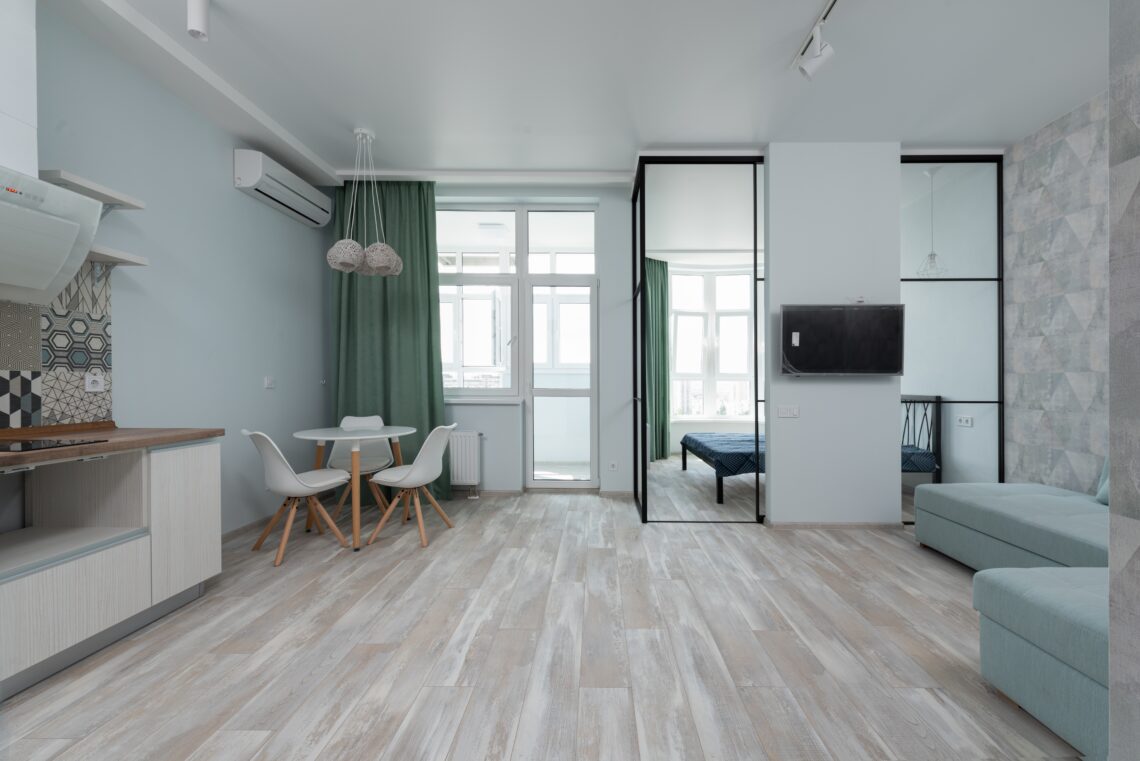11.02.2023 | Homeowners
Multigenerational Living: Are Adult Kids Living at Home Longer?

The last few years have marked an increase in multigenerational living in Canada. Adult kids live at home, taking longer to reach milestones like marriage and buying their first home. Economic factors drive the change, as young adults are challenged with loads of student debt, a competitive job market and increasing cost of living. Today’s youth face a challenging landscape, and living at home longer makes sense in today’s economic climate.
Adult Kids Living at Home – The Numbers Are Rising
Living situations of Canadians in private households 2001 – 2021, according to Statistics Canada:
2001
30.6% of young adults aged 20-34 lived with at least one parent
49.1% lived with a spouse or partner
11.3% lived with relatives or friends
9% lived alone
2021
35.1% of young adults aged 20-34 lived with at least one parent
39.4% lived with a spouse or partner
14.8 lived with relatives or friends
10.7% lived alone
Why are Adult Kids Living at Home Longer?
1. Cost of Living
Rent has been rising consistently for the past few years, with the average rent in Canada at $2,149/month. Many young adults can’t afford to pay the asking price when they are just starting in their careers. It makes sense for them to continue to live at home, sharing expenses to save money.
2. Student Debt
In today’s competitive job market, employers are seeking higher levels of education. While young adults stay in school longer, they are racking up student debt. To lessen the burden, many students live at home while going to school to save on living expenses. Others may head home after graduation to help pay down their debt faster.
3. Savings
Facing high rent and student debt makes it almost impossible for young adults to set money aside for a down payment on their first home. While home ownership is a goal for many, they can’t cover all their expenses and still have money left over for their savings accounts. Staying at home longer gives adult children a chance to stabilize their financial situation before moving out on their own.
4. Family-Centric Values
Multigenerational living is the norm for many cultures around the world. Many parents are grateful for the extra time with their grown children before they leave the nest for good. Sharing expenses, household chores, and having company around the house benefits parents and their adult children.
5. Remote Work
Past generations have left the home to pursue employment opportunities in other areas. The digital era and the increase in remote and hybrid positions make it easier than ever to work from home. This freedom means it is no longer essential to relocate for work, allowing young adults to remain at home.
The Impact of Adult Children Living at Home
While it may make sense financially and works for some families, other parents feel it delays the development of independence and self-sufficiency. It can pose challenges regarding boundaries and privacy to accommodate changing family dynamics. On the flip side, it also provides a supportive space for growth as young adults learn to navigate their first jobs, debt repayment, and savings before heading out on their own. Living at home longer with the opportunity to save for a down payment can set people up for successful home ownership.
The trend also impacts the housing market, as a larger number of young adults staying at home affects the demand for housing and rental properties. The profile of the first-time home buyer has shifted over the last 10 years.
Effects of Multigenerational Living on Home Ownership
Young adults living at home longer means they also take longer to buy their first homes. Over the last 50 years, the median age for first-time home buyers has steadily been climbing. In the 1970s and 1980s, the typical first-time home buyer was 29 years old, compared with 33 in 2021.
Living at home longer is one of many reasons for the increase. Rising costs of home ownership, increasing student debt, and later marriages also play a role. Young adults focus on advanced schooling and career building before settling and starting families.
Most first-time home buyers are married couples. NAR’s 2021 report shows 60% of home buyers were married, 19% were single families, 9% were single males, and 9% were unmarried couples.
Delayed home ownership has both ups and downs. Waiting to buy a home is a good decision if you aren’t in a financial position to handle the additional costs of home ownership. You want to take your time with a purchase if you have a high debt load, an unstable income, or a low credit score. You also want to be 100% confident that you can cover mortgage payments and other costs of home ownership that first-time buyers may not be familiar with.
Is a Basement or Over the Garage Suite a Good Idea?
Many parents are considering adding a suite in the basement or over the garage to accommodate their adult children living at home. This can be a fantastic way to help kids stay at home longer while also respecting the privacy that both parents and adult children are crave. There are cost effective ways to go about this renovation without breaking the bank. If this is something you’re considering for your home, reach out to our team as we have exclusively partnered with a renovation team and have personal experience with such renovations.
Making the Jump to Home Ownership
So, how do you know when you are ready to leave the nest and buy your first home? While there is no one perfect time for everyone, if you can check these 4 things off your list, it may be time to start the search for your first home.
- You’re ready to settle down in one area for the foreseeable future (next 5 years)
- Your current home is no longer meeting your needs.
- You’re in a comfortable financial situation and have a down payment.
- You’re ready to take on the additional costs of home ownership.
The shift towards delayed home ownership and adult children living at home longer is a complex trend that seems to be growing. Many factors play a role, but it can be a beneficial living situation for both parents and their grown children. It can be an excellent way for young adults to pay down their debts and save for their very first home!





